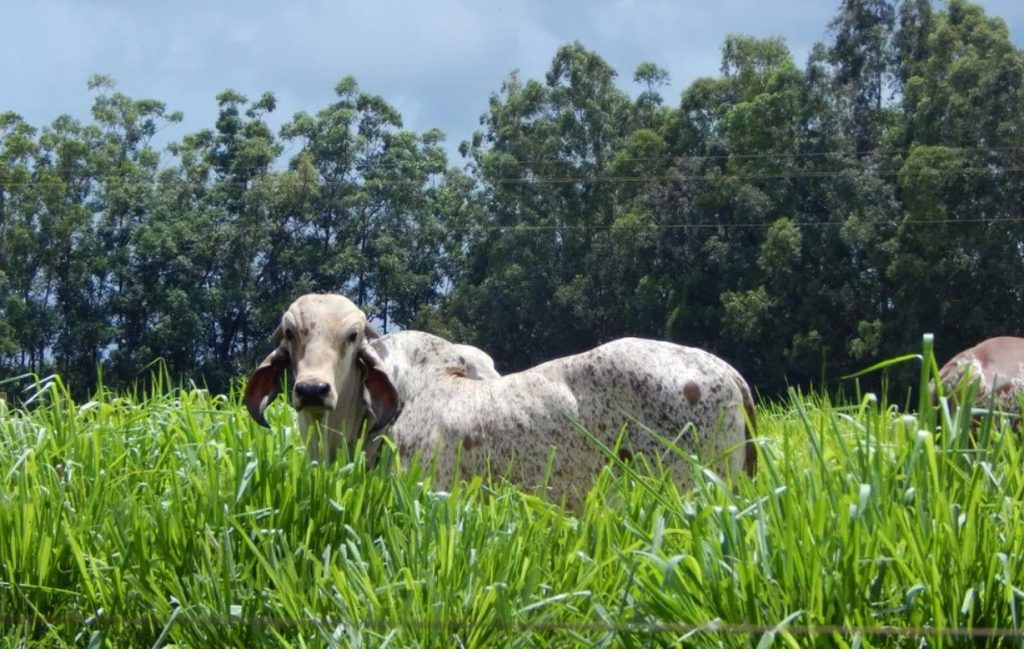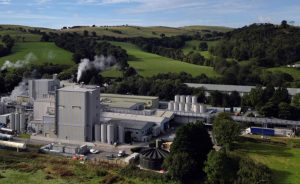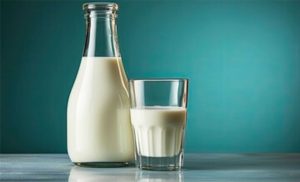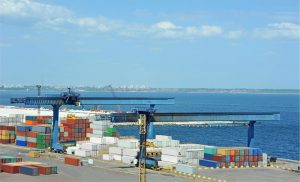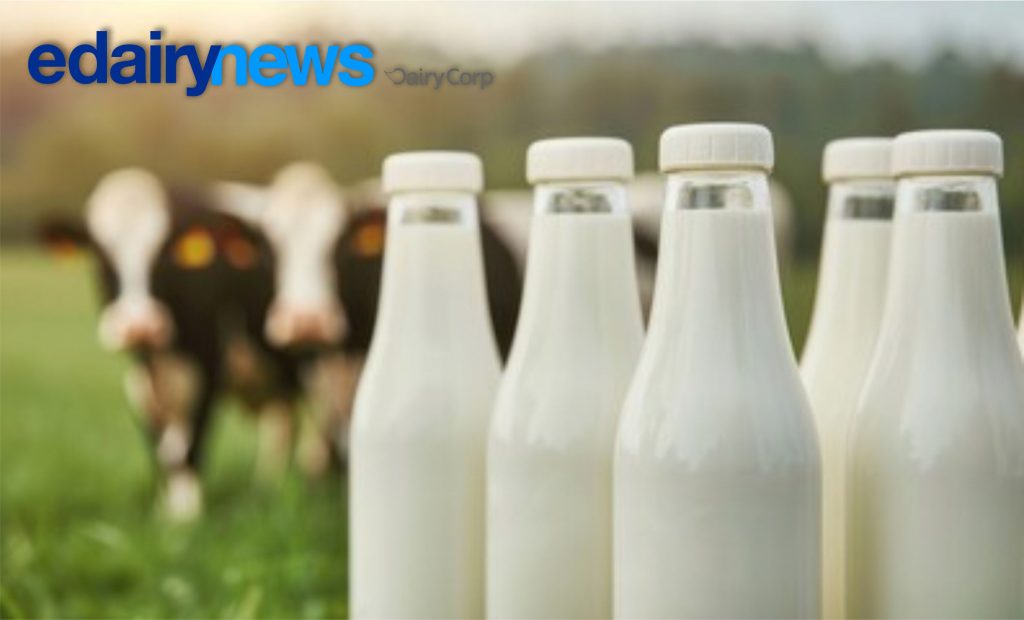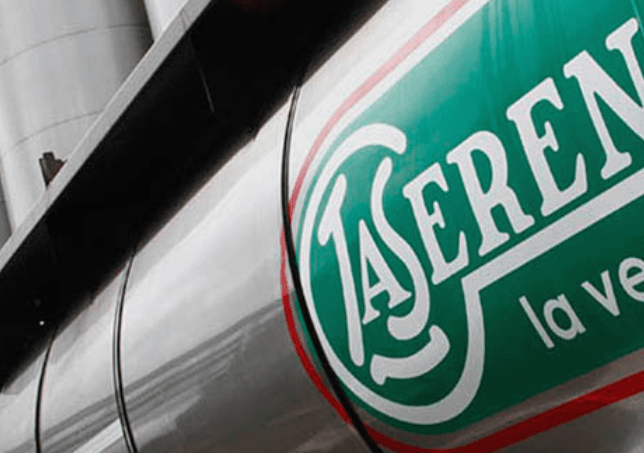This week, through Dairy Farmers of Canada, producers called on Ottawa to announce compensation and a clear timeline for delivering the direct payments it promised the sector as a result of the new trade agreement.
“It’s been complete silence,” said DFC vice-president David Wiens, a dairy farmer in Manitoba. “It’s not easy to make a budget or plan investments in such conditions.”
Ottawa announced $1.7 billion in compensation last year for market concessions granted in trade agreements with Europe (CETA) and the Asia-Pacific region (CP-TPP). But following an initial disbursement of $345 million, there’s been no further word. Producers have also asked Ottawa to announce plans for delivering the remainder of last year’s package.
“Without the compensation that has been promised to use, dairy farmers may have to postpone or forgo investments, which will have serious consequences for rural communities across the country,” says Wiens.
The loss would also be felt by government. According to DFC, the sector contributes $4 billion in tax revenues to government coffers each year.
The compensation is far from a hand-out, Wiens explained. Supply management allows dairy farmers to recoup their costs from the public. But recent trade agreements mean Canada’s farmers will serve just 82% of the market. The rest will be served by imports.
“Throughout this pandemic, dairy farmers have not asked for compensation as a result of the pandemic,” he said. “But when parts of our markets are being given away to foreign producers, that requires compensation, because that is a very direct hit on every dairy farm family in the country.”

